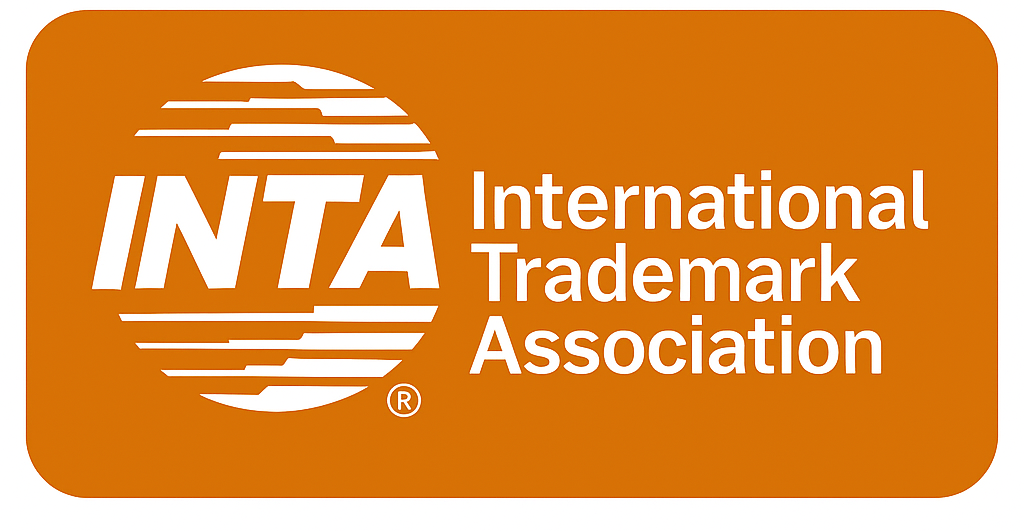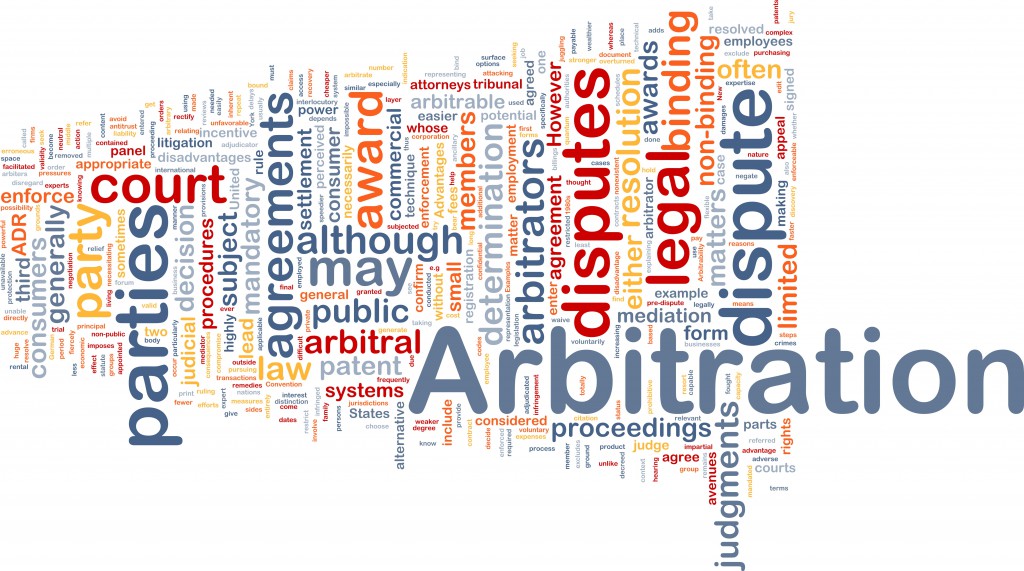
Arbitration is a means of dispute resolution agreed on by parties to commercial contracts
Adjudication of disputes by a panel of arbitrators, or single arbitrator sitting alone, rather than by judges in public courts, has its attractions, not least the confidentiality of the proceedings, but it can be a much more expensive way of proceeding than by e.g. the London courts.
There are various other alternatives to formal court proceedings. These include mediation, adjudication and evaluation. Unlike arbitration however these methods are not binding and may still result in court proceedings.
Arbitration
Arbitration is a private method of settling disputes. Unlike proceedings in Court, the general public are not admitted to hearings. None of the documents will become public, and there will be no reporting of the outcome. Companies which are involved in high-tech and other sensitive contracts frequently require arbitration clauses to try to avoid confidential data becoming the subject of public debate in the courts and/or matters of public record.
It is a formal process in which an impartial third party with specialist background knowledge on the nature of your dispute hears all parties and makes a binding decision to resolve it.
Arbitration is an alternative method of dispute resolution to civil litigation. It is a consensual process whereby parties agree to refer disputes between them to the decision of an arbitrator rather than to resolve their differences in the courts.
“If two or more persons [or companies] agree that a dispute or potential dispute between them shall be decided in a legally binding way by one or more impartial persons in a judicial manner, that is upon evidence put before him or them, the agreement is called an “arbitration agreement” or a “submission to arbitration”. Then after a dispute has arisen, if it is put before such a person or persons for decision, the procedure is called “an arbitration” and the decision then made is called “an award”. Sometimes the submission instead of being voluntary is imposed by statute.”
Validity of arbitration agreement
Where a claimant commences proceedings in England, and a defendant applies for a stay for arbitration, there are occasions when an issue arises between the parties as to whether there is in force between the parties a valid arbitration agreement. There are two different kinds of jurisdiction.
The first is jurisdiction to decide a claim on its merits. The second is jurisdiction to decide whether the court or tribunal has jurisdiction of the former kind. English law takes the view that the arbitral tribunal can rule upon its own jurisdiction.
As expressed in Art 21 of UNCITRAL Arbitration Rules:
“The arbitral tribunal shall have the power to rule on objections that it has no jurisdiction, including any objection with reference to the existence or validity of the arbitration clause or of the separate arbitration agreement.”
General duty of the arbitration tribunal
Section 33 Arbitration Act 1996 deals with the “General duty of the tribunal” in the following terms:
(1) The tribunal shall
- Act fairly and impartially as between the parties, giving each party a reasonable opportunity of putting his case and dealing with that of his opponent.
- Adopt procedures suitable to the circumstances of the particular case, avoiding unnecessary delay or expense, so as to provide a fair means for the resolution of the matters falling to be determined.
- Comply with those general duties in conducting the arbitral proceedings, in its decisions on matters of procedure.
Enforcement
The Arbitration Act 1996 s.101 provides that:
“A New York Convention award shall be recognised as binding between the persons as between whom it was made, and may accordingly be relied on by those persons by way of defence, set-off or otherwise in any legal proceedings in England & Wales…”
Alternative dispute resolution
Mediation
In mediation a neutral third party, the mediator, assists 2 or more parties in order to help them achieve an agreement on a matter in which they are in dispute. Mediation is now widely recognised in the UK and Europe as the most popular form of alternative dispute resolution as it offers solutions beyond those that a court could ordinarily impose and can be used to settle disputes in a whole range of situations.
“To be a good mediator you must be a good listener. You have to listen to not only what is being said, but what is not said – which is often more important than what they say.” (Kofi Annan)
Mediation is a voluntary process and will only take place if both parties agree. Both parties share the cost of mediation, which will depend on the value and complexity of the claim. If the parties are unable to reach an agreement, they can still go to court, and anything discussed at the mediation is completely confidential.
Conciliation
Conciliation is a process similar to mediation used in the construction industry whereby a conciliator seeks to facilitate a settlement between the parties. The conciliator (who under the contract can often either be agreed between the parties or appointed by the Federation of Master Builders in the absence of agreement) does not decide any issues of law or fact but conducts a process whereby each party states its position and then attempts to work towards a compromise.
Any settlement achieved is then set down in writing in document binding upon the parties as a new contract. The costs of conciliation are the time of the conciliator and the venue for the conciliation. Parties do not have to be represented. Conciliation can only take place if both parties so agree, whether in the contract or after a dispute arises. Conciliation can be an effective way of reaching agreement over eliminating some of the parties’ more unreasonable requests.
Adjudication
The aim of adjudication is to resolve disputed issues in order to enable work to continue, either indefinitely or while awaiting the decision of a judge or arbitrator. Adjudication is a more formal mechanism for dispute resolution that is designed to be quicker and cheaper than arbitration or litigation. A third party adjudicator, usually a technical expert in the relevant field, decides the (generally factual) issues between the parties.
Adjudication has a statutory basis under s.108 of the Housing Grants, Construction and Regeneration Act 1996. The adjudicator’s decision is binding upon the parties and may be the subject of appeal or enforcement in the courts.
Evaluation
An evaluator’s opinion aims to help decide how to handle a dispute and may enable the parties to reach a solution.






